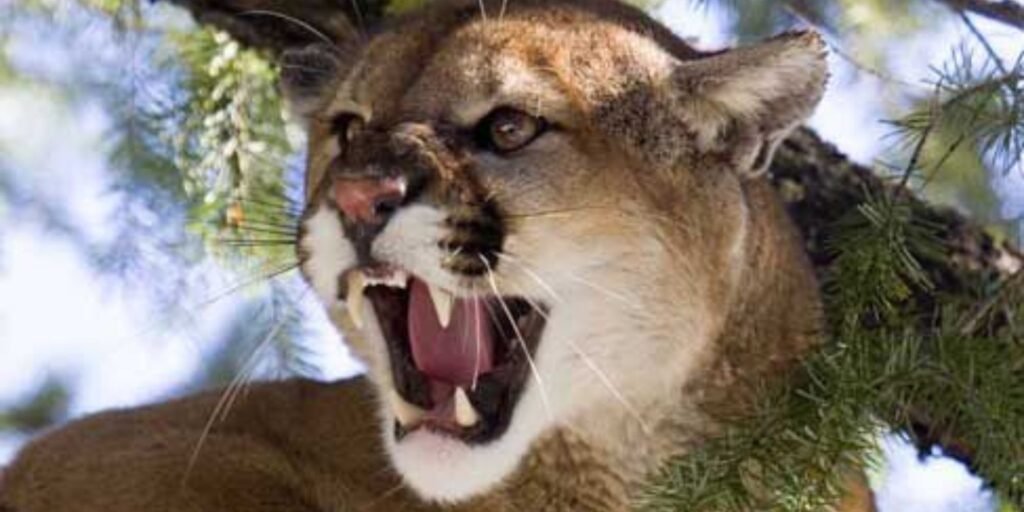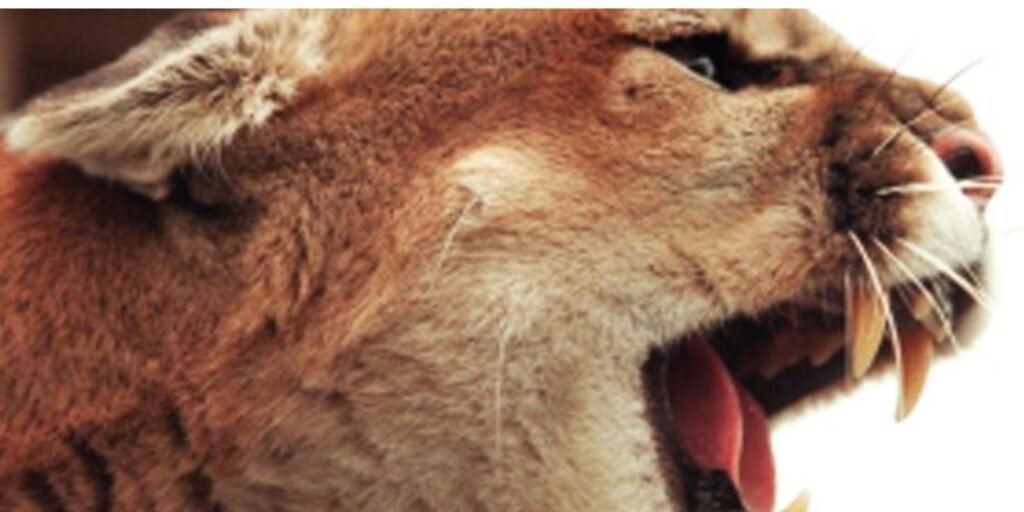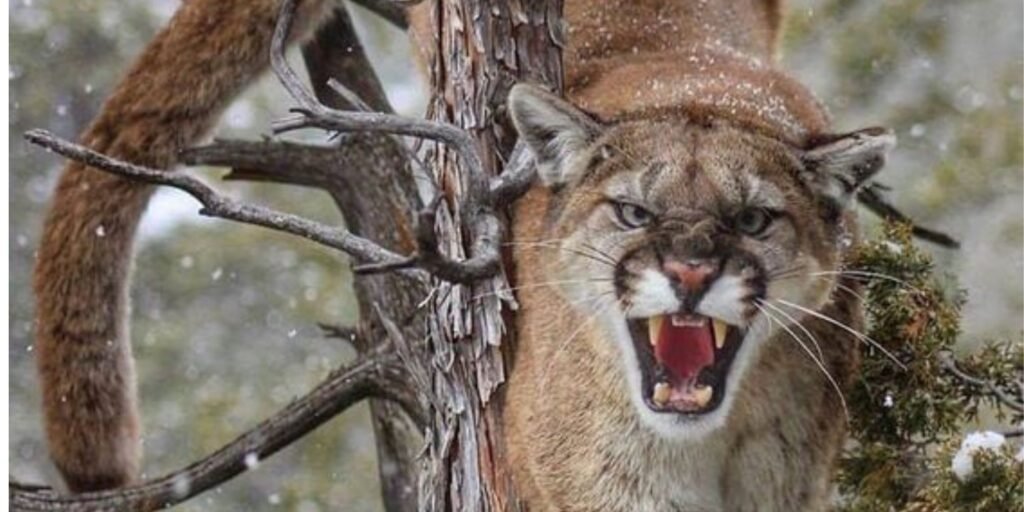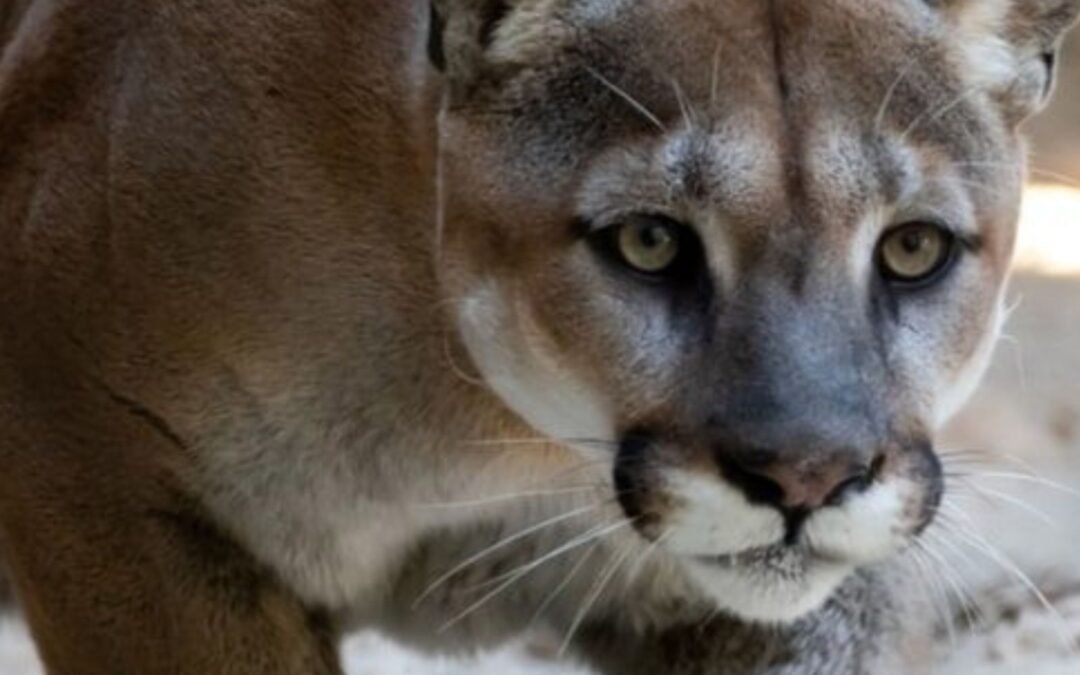Cougars, also known as mountain lions, pumas, or panthers, are large, powerful cats native to the Americas. Known for their strength, agility, and elusive nature, they are one of the most fascinating creatures in the wild. However, when discussing cougars, there’s a common misconception that might confuse people: Are cougars only female? This question likely stems from the use of the term “cougar” in modern culture. Still, biologically speaking, cougars are a species with both males and females, each playing an essential role in the ecosystem. In this article, we will explore the differences between male and female cougars, their behavior, reproduction, and their presence in popular culture.
The Cougar: A Quick Overview
Before diving into the details, it’s important to understand what a cougar is. Scientifically known as Puma concolor, the cougar is a large wild cat found primarily in North and South America. They are the largest cats in the Americas and one of the most adaptable large mammals, able to thrive in a variety of habitats, from deserts and mountains to forests and grasslands.
Cougars are solitary animals that typically roam vast territories. They are known for their incredible speed, strength, and ability to hunt a wide range of prey, from deer to smaller mammals. Their coats are generally tawny or grayish, and they have long, muscular bodies built for stealthy hunting. The cougar’s tail is also quite long and helps maintain balance while sprinting.
But now, let’s address the core question: Are cougars only female?
The Difference Between Male and Female Cougars

Just like any other species, cougars have distinct male and female individuals, and each sex exhibits unique behaviors and roles in the ecosystem. Let’s break down these differences.
Size and Physical Characteristics
The most noticeable difference between male and female cougars is their size. Male cougars are significantly larger than females. Adult males typically weigh between 120 and 220 pounds, while females weigh between 64 and 140 pounds. Male cougars also have broader, more muscular heads and larger jaws, which are useful for hunting and defending their territory. Their larger body size and strength allow them to take down larger prey compared to females.
While both males and females have the same tawny or grayish coat color, the males’ physical strength and size make them much more dominant in territorial disputes or competition for mates. Additionally, males usually have larger home ranges than females, which helps them secure access to females during estrus (the mating period).
Behavior and Territoriality
Cougars are solitary animals, and their behavior varies slightly between males and females. Male cougars tend to roam over large territories that may overlap with several female territories. Males are more mobile and spend a significant amount of time searching for mates, patrolling their ranges, and asserting dominance over other males.
In contrast, female cougars are generally more territorial and tend to stay in smaller areas. Their primary concern is finding enough food to support themselves and their young. Female cougars also play a critical role in raising their cubs. They will fiercely defend their territories, especially when they are caring for young, to protect them from potential threats.
Reproduction and Mating Behavior
Reproduction is another area where male and female cougars differ significantly. Female cougars reach sexual maturity at around 2 to 3 years of age, and they typically give birth every 2 to 3 years. During mating season, female cougars enter estrus, during which they release pheromones that signal their readiness to mate.
Male cougars, on the other hand, are constantly on the lookout for females in estrus. They engage in a form of “mate competition,” where they will compete with other males for the opportunity to mate with a receptive female. This often results in physical confrontations, with males using their strength and dominance to secure mating rights.
Once a female cougar becomes pregnant, the gestation period lasts around 90 to 96 days, and she typically gives birth to one to six cubs. Female cougars are incredibly nurturing mothers, providing their cubs with food, shelter, and protection until they are old enough to fend for themselves.
The Role of Female Cougars in the Ecosystem

Female cougars play an indispensable role in maintaining the balance of ecosystems. As the primary caregivers, they ensure the survival of the next generation of cougars. By raising their young in a safe environment, female cougars contribute to the health and stability of cougar populations. In addition, their hunting and territorial behaviors help regulate populations of prey species, preventing overgrazing and maintaining the natural balance of plant and animal life.
Female cougars also help disperse seeds by consuming fruit and other vegetation. Though they are obligate carnivores, the presence of small amounts of plant matter in their diet helps to seed new growth in their territory. This indirect role in plant regeneration underscores the complexity of their contributions to the ecosystem.
The Role of Male Cougars in the Ecosystem
While male cougars do not have the direct caregiving role that females have, they play an essential role in the breeding process. Male cougars ensure the genetic diversity of the population by mating with multiple females. Their roaming behavior also helps prevent inbreeding by allowing for a broader spread of their genetic material across a wide territory.
Furthermore, males contribute to the hunting and prey regulation in their territory. Since male cougars are often larger and stronger than females, they can hunt larger prey, such as deer, which helps keep the prey populations in check. By hunting these larger animals, male cougars prevent the overpopulation of herbivores, which in turn helps maintain a healthy ecosystem.
The Myth of the “Cougar” in Popular Culture
The confusion about whether cougars are only female often comes from the term “cougar” in popular culture. In recent decades, people have used “cougar” to describe older women who seek relationships with younger men. This definition is unrelated to the animal but has become so widespread that it may have caused confusion about the gender of cougars.
The term is a metaphor, likely inspired by the cougar’s predatory nature. Just as a cougar hunts its prey, a “cougar” in popular culture is seen as seeking younger partners. However, it’s important to remember that this slang term has no biological connection to the actual cougar species.
Are Cougars Good for Zoos and Conservation Efforts?
Due to their wild nature, cougars are not typically kept as pets, but they play a critical role in conservation efforts. Many zoos and wildlife sanctuaries across North America house cougars to help educate the public about the importance of these big cats in the wild. Captive breeding programs aim to preserve genetic diversity and help maintain healthy cougar populations.
Furthermore, cougars are essential to maintaining ecosystem health. As apex predators, they regulate populations of herbivores and smaller predators, which helps maintain a balanced food web. Conservationists argue that protecting cougars and their habitats is crucial for preserving the biodiversity of the ecosystems in which they live.
Conclusion: Are Cougars Only Female?

In conclusion, cougars are not exclusively female—just like other species, they have both males and females, each contributing to the survival of their species in different ways. Male and female cougars have distinct roles, from the larger and more territorial males to the nurturing and protective females. Both play vital roles in maintaining healthy ecosystems, regulating prey populations, and ensuring the survival of the next generation.
The myth that cougars are only female likely stems from a misunderstanding of the term “cougar” in popular culture. However, biologically speaking, both male and female cougars are integral to the species. Understanding the natural behaviors and roles of these magnificent cats helps us appreciate their complexity and importance in the wild.
Ultimately, whether male or female, cougars are magnificent creatures that deserve respect and protection. Through conservation efforts and better understanding, we can ensure that future generations of cougars thrive in the wild.

